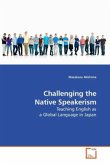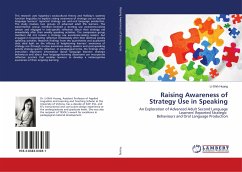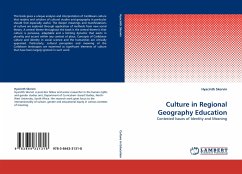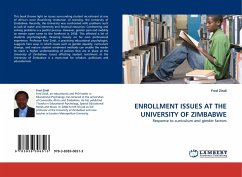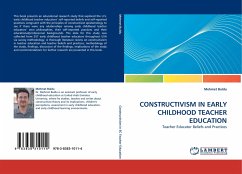Discursive practices of masculinism can have multiple and complex effects in the lives of participants in education. While hegemonic masculinity seeks to exert totalizing force over the lives of women and of men who resist heteronormative vectors of power, individual social subjects continue to work for self-realization. The creation of coherent narratives of self by subjects who resist masculinism has been achieved in diverse educational contexts. Up until now, however, issues of masculinism in educational contexts in Japan have not received widespread attention in English language publications. This book helps to fill this gap through its engagement with the lives of fifteen stakeholders in education in Japan, and its ethnographic level of detail for three case studies. It contains a clear account of how psychoanalytic feminist theory is employed in the interpretation of life history narratives and an exploration of how masculinism affects people's quality of educational experience. The book will be of interest to critically minded participants in education and to those who explore gender/sexuality studies in east Asia and elsewhere.
Bitte wählen Sie Ihr Anliegen aus.
Rechnungen
Retourenschein anfordern
Bestellstatus
Storno


